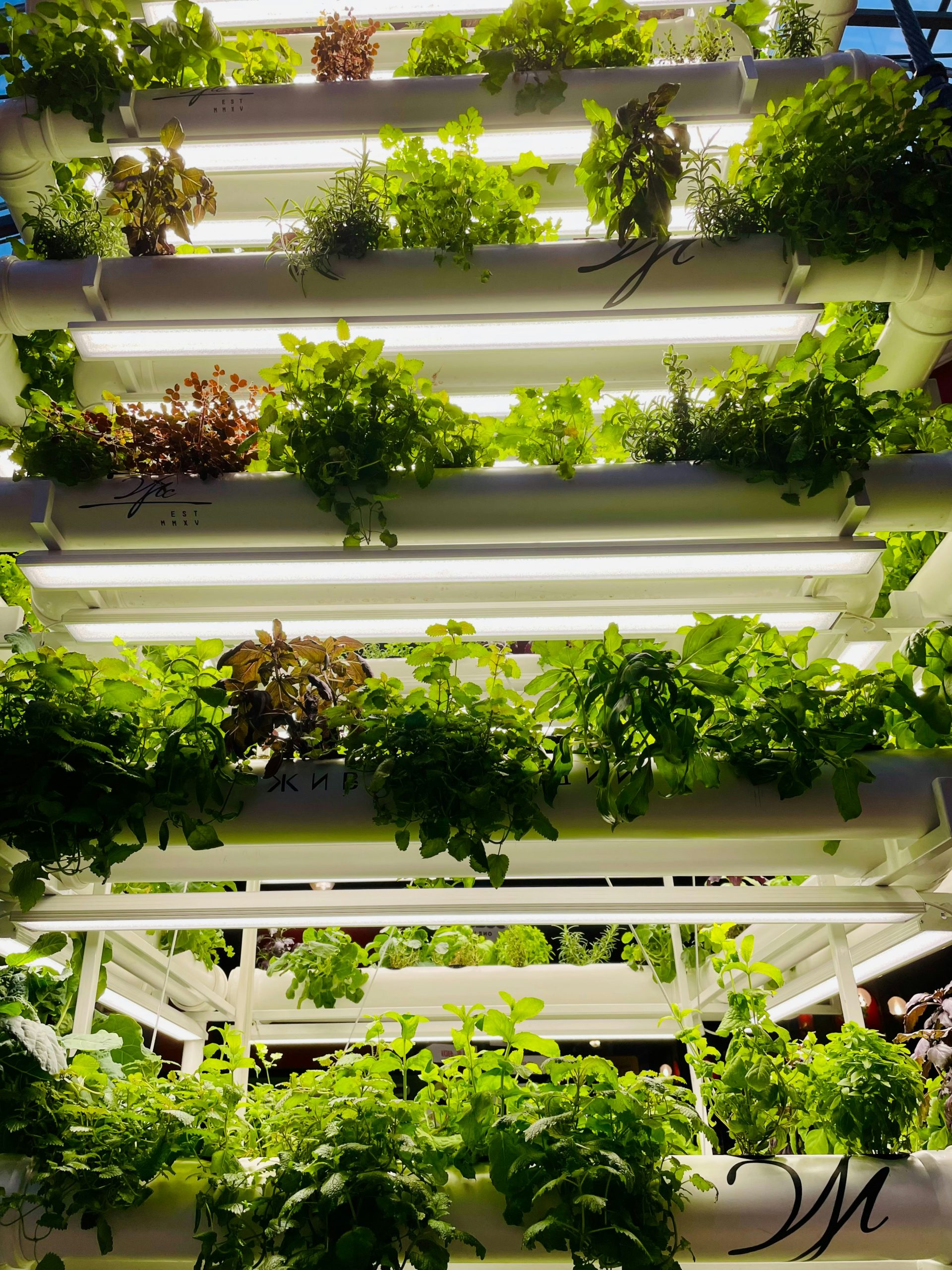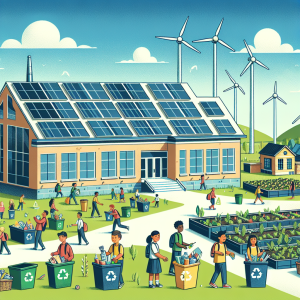In today’s world, living sustainably doesn’t have to mean breaking the bank. Adopting eco-friendly practices can often lead to considerable savings while also benefiting the environment. Here are some practical tips for going green on a budget.
1. Energy Efficiency at Home
Switch to LED Bulbs
LED light bulbs are more expensive upfront than traditional incandescent bulbs, but they consume up to 80% less energy and can last up to 25 times longer. Over time, you’ll notice a significant reduction in your electricity bill.
Unplug and Reduce Phantom Energy Use
Many devices draw power even when they are turned off. Unplugging chargers, electronics, and appliances when not in use can save you money. Using power strips can make this easier—just switch off the strip to cut power to multiple devices at once Eco-Friendly.
Seal Windows and Doors
Drafty windows and doors can lead to substantial heating and cooling costs. Simple weather stripping or caulking can seal gaps and help maintain your home’s temperature, saving you money on energy bills.
2. Water Conservation
Fix Leaks Promptly
A dripping faucet can waste gallons of water, translating to higher water bills. Regularly check your plumbing for leaks and fix them as soon as possible to conserve water.
Install Low-Flow Fixtures
Low-flow showerheads and faucets reduce water usage without sacrificing pressure Eco-Friendly, saving both water and money. Though there is an initial investment, the long-term savings on your water bill will be significant.
Collect Rainwater
If your area allows it, consider setting up a rain barrel to collect water for gardening. This reduces your dependence on municipal water supplies and can cut costs during dry spells.
3. Sustainable Transportation
Carpool or Use Public Transport
Riding with others or using public transport reduces gas costs and wear and tear on your vehicle. Plus, it contributes to less traffic congestion and lower emissions.
Maintain Your Vehicle
Regular maintenance, such as oil changes and tire rotations, improves fuel efficiency, extending the life of your vehicle and saving money on gas.
4. Shopping Mindfully
Buy in Bulk and Choose Generic Brands
Purchasing items in bulk is often cheaper and reduces packaging waste. Similarly, many generic brands are just as good as their name-brand counterparts but are cheaper.
Embrace Second-Hand
Thrift stores and online marketplaces are treasure troves of gently used items. Buying second-hand not only saves money but also contributes to reducing waste in landfills.
Grow Your Own Food
Whether it’s a few herbs on a windowsill or a full garden, growing your own fruits and vegetables can be cost-effective. It reduces grocery bills and allows you to enjoy fresh, organic produce.
5. Eco-Friendly Household Practices
Opt for Natural Cleaning Products
Many cleaning supplies are not only expensive but also harmful to the environment. You can easily make effective cleaning solutions at home using vinegar Eco-Friendly, baking soda, and essential oils, saving money and reducing chemical exposure.
Practice Minimalism
Buying fewer, high-quality items can save money in the long run. Embracing a minimalist lifestyle helps reduce clutter, waste, and unnecessary purchases.
Conclusion
Living sustainably on a budget is not only feasible; it can also lead to substantial savings over time. By adopting these eco-friendly practices, you’ll not only contribute positively to the planet but also enjoy the financial benefits that come with a greener lifestyle. Start small, and gradually incorporate more of these tips into your daily routine—you’ll be surprised at how quickly they add up to a more sustainable and economical way of living.



